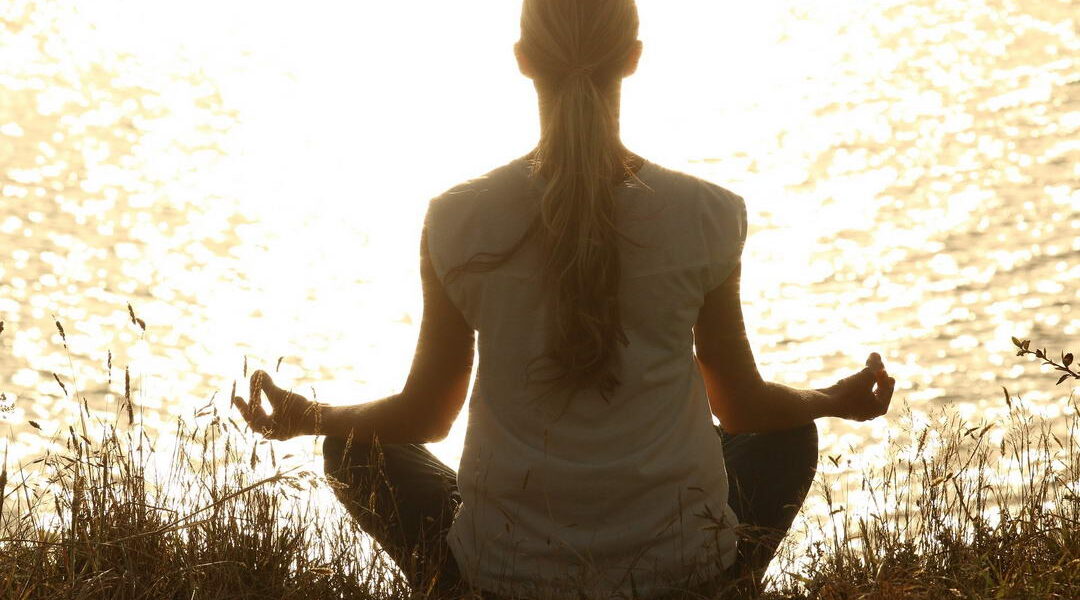Consciousness and karma are two intricately interwoven concepts that hold significant importance in the Vedic tradition. Rooted in ancient wisdom, the Vedic perspective offers a profound understanding of how consciousness and karma shape our experiences and influence the course of our lives. Exploring the relationship between these two concepts can provide us with insights into the nature of reality, free will, and personal growth.
Explore Meditation Retreats & Wellness Retreats
Explore Yoga Retreats with Tejomaia.com

Consciousness: The Canvas of Experience
In the Vedic view, consciousness is not merely a passive observer of reality; it is the very fabric upon which experiences are woven. Just as a canvas holds the potential for countless paintings, consciousness holds the potential for infinite experiences. Every thought, emotion, and perception arises within the vast expanse of consciousness.
The Vedic texts describe consciousness as “Chit,” which denotes not only awareness but also the fundamental intelligence that underlies creation. This intelligence is believed to emanate from the universal source, referred to as “Brahman.” Thus, individual consciousness (Atman) is considered a microcosm of the universal consciousness, implying that our individual awareness is intimately connected to the cosmic intelligence.
Karma: The Law of Cause and Effect
Karma, often associated with the law of cause and effect, plays a pivotal role in the Vedic understanding of life’s experiences. The term “karma” translates to action, and it encompasses the actions, intentions, and choices we make throughout our lives. The Vedic tradition suggests that every action sets into motion a chain of consequences that can reverberate across time and lifetimes.
Karma is not merely a system of reward and punishment; it’s a subtle mechanism that operates at both individual and cosmic levels. Our actions are believed to leave imprints on our consciousness, shaping our future experiences. Positive actions generate positive karma, leading to beneficial outcomes, while negative actions result in negative karma and adversity.
Consciousness and Karma’s Dynamic Dance
The interplay between consciousness and karma is intricate and dynamic. Our consciousness shapes our intentions and choices, which in turn influence the quality of our actions. These actions, imprinted with intentions, create karma that molds our future experiences. This cycle highlights the power of consciousness as the driving force behind our actions, which in turn determine the nature of our life’s journey.
Moreover, the Vedic tradition teaches that heightened consciousness can lead to a deeper understanding of karma. As individuals expand their awareness through practices like meditation and self-reflection, they gain clarity about their actions’ underlying motivations. This awareness allows for more conscious and intentional choices, altering the trajectory of future karma.

Liberation and Self-Realization
The ultimate goal of understanding the relationship between consciousness and karma is liberation, known as “Moksha” in the Vedic tradition. Liberation involves breaking free from the cycle of karma and experiencing a state of oneness with the universal consciousness. This state is marked by transcendence of individual desires and ego, leading to profound self-realization.
The Vedic perspective on consciousness and karma unveils a deep connection between our awareness and the actions we take. By recognizing the power of consciousness in shaping our experiences and understanding karma’s role in the unfoldment of our lives, we gain insight into the interconnected nature of our existence. This awareness empowers us to make conscious choices that align with our higher self, paving the way for personal growth, self-realization, and ultimately, liberation from the cycle of karma.
Explore Meditation Retreats & Wellness Retreats
Explore Yoga Retreats with Tejomaia.com


